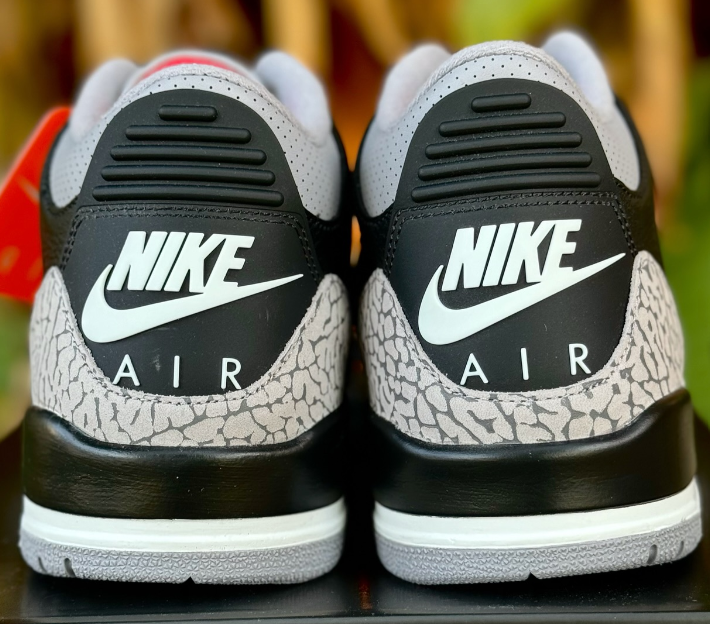lilstarz07
Banned
- 3,227
- 10
- Joined
- Jun 1, 2008
that was an obvious sarcastic jab at his beliefs ... nothing more nothing less ... i agree with obama on issues ... in fact, i have stated that in fact ourcountry may need Obama to either A) get us out of whatever we need getting out of or B) show us that strictly left wing ideals are not what this country needs... either way, it would be beneficial to us as a whole ... but if somehow it is my proposed B, id like to skip that altogether and just ride with Mccain ...
lesson for everyone, taking things out of context, especialy when you are wrong about th epiece you are taking out, is never a good look ...
lesson for everyone, taking things out of context, especialy when you are wrong about th epiece you are taking out, is never a good look ...
















